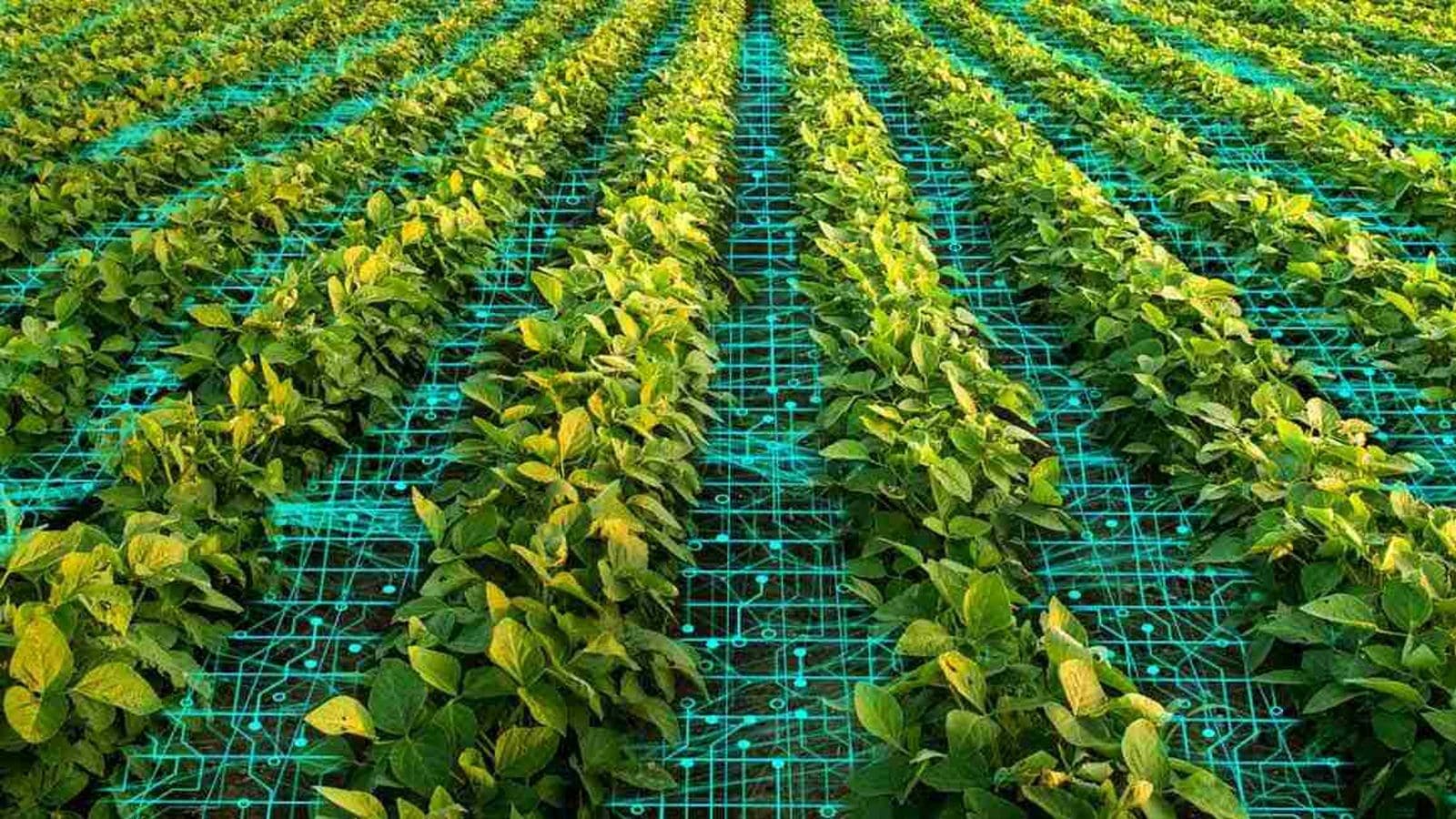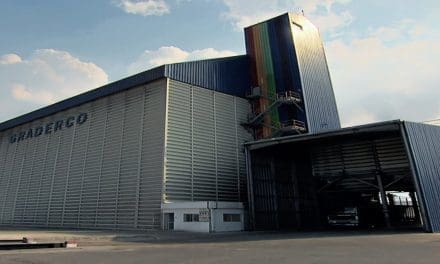UAE- Saudi Arabian agriculture technology startup RedSea has started operations at its first greenhouse facility in Abu Dhabi, UAE to promote food and fodder production.
Red Sea Farms is one of the most funded agritech firms in Saudi Arabia and has a mission to resolve the global agriculture and food crisis sustainably.
In April 2022 the company raised its most recent funding round of US$18.5 million to expand its regional and global footprint in food and fodder production.
With climate change and increasing global food shortages, the UAE and the Middle East are leading the way in addressing these huge issues ahead of the 2023 United Nations Climate Change Conference (COP 28).
In Abu Dhabi, the company intends to have a one-hectare showcase facility, which will then enable wider adoption of the technologies in the UAE to benefit local growers and significantly impact Abu Dhabi’s agricultural ecosystem.
The company stated that its controlled-environment farming aims at diversifying food product sources and stimulating the middle east region’s agri-food sectors sustainably.
The facility will showcase a saltwater irrigated fodder plot, a ground-breaking use of salty brine for irrigation of fodder for livestock feed, according to a statement by the company.
“Globally, food production is frequently unsustainable and very vulnerable to climate change. Our technology, which addresses these problems directly, is a solution already being delivered in hot climates around the world,” Ryan Lefers, CEO of RedSea, said.
This agri-tech company allows farmers to crop using primarily saltwater, tackling the region’s arid environment by providing farmers with the right technology to grow their produce sustainably.
RedSea’s technologies include an iyris heat-blocking low-cost roofing, a climate-controlled recirculating deep water culture system for the growth of berries, and a saltwater evaporative cooling system functioning without desalination.
Using sunlight and saltwater as base resources, the Red Sea company contributes to global sustainability by avoiding reliance on rainfall, fresh groundwater, or desalinated water.
Additionally, the greenhouse facility is powered by 2,000 square meters of elevated solar panels functioning as agrivoltaics, with protected crops grown under the panels and a heat-blocking net.
The company hopes to have more than 100 hectares of desert farm operations in the next two years and intends to sell its technology globally, to entities in water-depleted areas.
The revolutionary startup has also partnered with The Red Sea Development Co. in the Kingdom as a leading supplier of sustainable fresh food, which is a significant development, according to Simon Roopchand, Red Sea Farms’ regional CEO of the Middle East.
Red Sea’s operations have also attracted the attention of researchers seeking to evaluate the viability of this project in other areas.
“We are a research-based company… We want to feed the world sustainably…we need to keep reducing our requirements on fossil fuels, monitoring our carbon footprint, and ensuring that we can have local people in harsh environments growing quality crops,” Roopchand said.
For all the latest food industry news from Africa and the World, subscribe to our NEWSLETTER, follow us on Twitter and LinkedIn, like us on Facebook and subscribe to our YouTube channel










